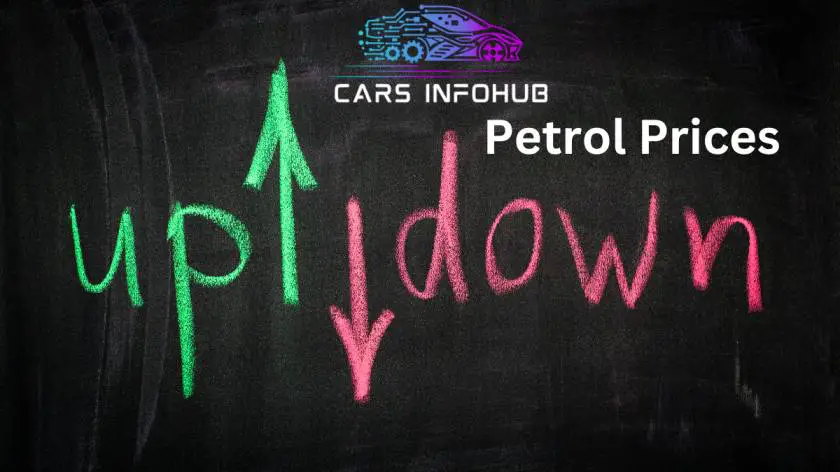In a flow that has sent ripples throughout the nation, the federal government of Pakistan has announced a tremendous increase in petrol prices, effective April 16, 2024. The new petrol prices in Pakistan have been set at PKR 293.94 in step with the liter, marking a growth of Rs. 4.53.
This adjustment comes amidst a backdrop of fluctuating global oil prices and internal financial challenges. The increase is part of a fortnightly evaluation that reflects the continued surge in international oil prices. Moreover, the fee for excessive-velocity diesel (HSD) has additionally seen a hike, now at PKR 290.38 per liter.
Global Influences and Local Impacts
The global marketplace has been a substantial aspect of this price revision. Recent conflicts, such as those between Iran and Israel, have contributed to the global instability of oil prices. Despite a mild improvement in exchange fees and a decrease in import rates, the upward trend in gas prices persists.
The Role of the IMF
The International Monetary Fund (IMF) has additionally played a role in this state of affairs. The recommendation to reintroduce an 18% general income tax (GST) on petrol as a condition for the discharge of the very last tranche of its bailout bundle has been a point of difficulty for the Pakistani government. Additionally, there are plans to increase the petroleum levy from Rs. 60 to Rs. 100, which can similarly affect prices.
Historical Context
The Petroleum Development Levy has undergone several adjustments over the past few years. Initially set at Rs. 20 according to Liter in July 2022, it was later raised to Rs. 50 in keeping with Liter in November 2022, and then to Rs. 60 according to Liter till September 2023. Currently, the authorities impose an improvement levy of Rs. 60 per liter on both petrol and diesel; that’s the most restricted but might be expanded under new conditions set by the IMF.
Public Reaction and Future Outlook
The public reaction to this growth has been combined, with many expressing challenges over the growing value of dwelling and transportation. The government’s decision to raise gasoline fees is a reflection of both worldwide and countrywide situations that are not very positive for Pakistan as far as petrol expenses are concerned. As Pakistan navigates through these economic challenges, the effect of those adjustments on ordinary lifestyles and the broader economic system will be carefully monitored. The query remains: how will the not-unusual citizen and the financial system adapt to this new normal?
Conclusion
The recent growth in petrol prices in Pakistan is a testament to the complex interaction between global marketplace dynamics and home financial guidelines. While the government’s decision to raise gas fees can be stimulated by using international trends and monetary requirements, it has an immediate impact on the daily lives of its residents.
FAQs about petrol prices in Pakistan
Why did the petrol expenses boom in Pakistan?
The growth in petrol costs is due to a combination of things, such as the global upward thrust in oil expenses and the economic measures advocated via the IMF, together with the advent of an 18% GST on petrol and an increase in the petroleum levy.
How much has the gasoline fee expanded through?
The petrol charge has multiplied by Rs. 4.53 per liter, placing the brand new fee at PKR 293. Ninety-four is in line with a liter.
How does the global marketplace affect petrol costs in Pakistan?
Global marketplace fluctuations, in particular in oil costs, will without delay have an impact on the price of petrol in Pakistan. Conflicts and tensions in oil-generating areas can result in instability in charges, which in turn influences domestic gasoline costs.
What role does the IMF play in petrol pricing in Pakistan?
The IMF’s tips, such as the reintroduction of an 18% GST on petrol and an increase in the petroleum levy, are part of the situation for the release of the bailout budget, which has an impact on the government’s pricing selections.







